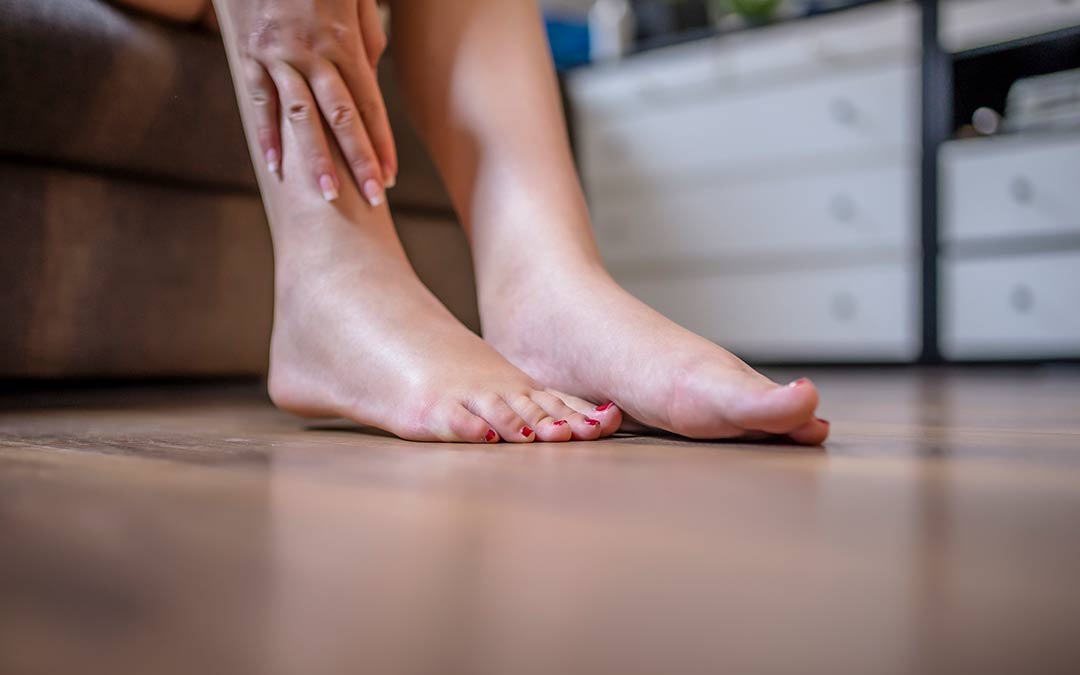About 10 percent of people with diabetes have a foot ulcer, so they are quite common. Ensuring you learn how to care for your feet as a diabetic and receive consistent medical attention to manage your feet issues will help enable you to still live a full and enjoyable life. Implementing preventive care and proactive measures is paramount to helping avoid amputations and staying independent. Make sure you know the facts and warning signs of diabetic issues than can lead to amputation. You may very likely need to adopt lifestyle changes and incorporate new diet and exercise routines, and follow a medical treatment plan closely.
Statistics You Need to Know
Yes, the information can be foreboding. But if you are diabetic and maturing, you need to be aware of the problems associated with foot problems so you are better prepared to avoid the risk of amputation through preventive and consistent care by medical specialists. Here are some basics you need to know. Read the source material to learn much more.
- Diabetic neuropathy causes between 45 and 60 percent of diabetic foot ulcers and between 10 and 15 percent of foot ulcers do not heal.
- An ulcer that is present for more than 30 days is more likely to become infected. Infection is a leading cause of amputation due to diabetes-related foot ulcers.
- Waiting to be seen by a doctor for a diabetic foot ulcer for over six weeks can increase the likelihood that the ulcer will lead to amputation.
- Up to 50 percent of diabetic foot ulcer cases can be prevented through proper education on how to care for your feet if you are a diabetic, or making sure you receive regular foot care from a medical professional.
- Risk of amputation can be decreased up to 75 percent when you have a team of medical specialists providing consistent wound care, diabetes podiatry, infectious disease care and vascular treatment.
- If you have diabetes and are Black, Hispanic or Native American your risk of a foot ulcer leading to amputation is two to three times higher than other people.
Actions You Can Take
The most important thing a diabetic can do to avoid foot issues that can lead to amputation, is to do a daily check of their feet. Be particularly aware of a temperature increase in the foot.
Stop smoking, as it is linked to diabetic foot disease. Control your blood sugar with vigilance, which can help reduce your risk of neuropathy. Be selective about the shoes you wear. Use caution when trimming toenails, or have someone do it for you, if you are already experiencing numbness.
We care for you as a whole person. Diabetes is a serious problem in our community and we want you to have all the information. Read more about our medical services and come in for a consultation with Dr. Abella for health care that is preventive and compassionate.
Abella Health is a unique practice which provides primary care, with a specialization on cardiac and vein care. Dr. Manuel Abella is an Interventional Cardiologist and Vein Specialist who has been practicing in the Miami area for 23 years. We offer personalized medicine featuring physician and nurse practitioner accessibility 24 hours a day, seven days a week. If you suffer from varicose veins or spider veins, we can help. The professional staff provides the most comprehensive range of treatments and diagnostic testing in the area. Contact us to learn how we can meet your specific medical needs.

